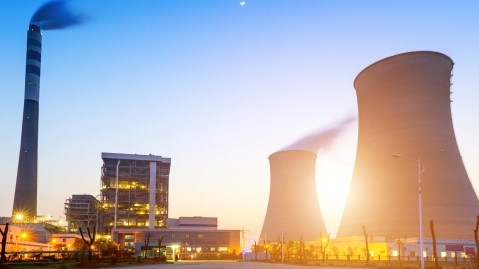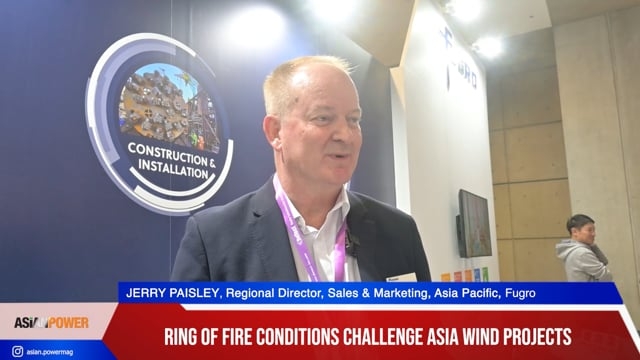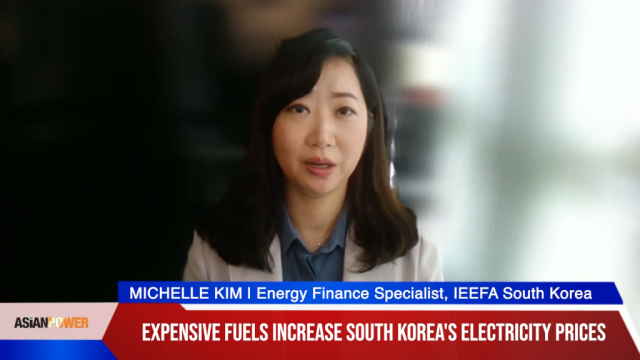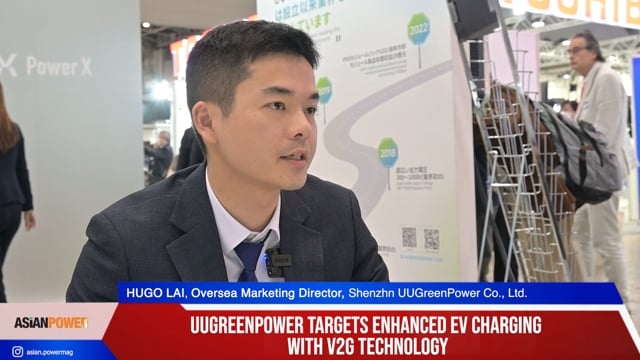
Will nuke remain an option for many Asian countries despite safety concerns?
Japan's nuke dependence will definitely shrink.
In the first installment of the four-part sector report, analysts discussed he status of the Asian appetite for nuke years after the Fukushima tragedy. Many countries are discouraging coal generation through increasingly stringent regulations due to environmental concerns about CO2 and other emissions. Natural gas is a limited resource that is expensive to transport in many regions. It also has alternative uses such as chemicals production.
"This means nuclear has to be in the mix for the future of Asia and the appetite for Asian countries for nuclear will be high. In fact, Asia is and will continue to be the fastest growing nuclear market globally. This trend will likely accelerate. Asia, itself will become the hub of the nuclear supply chain and state-of-the-art technology," William S. Linton, Principal & CEO Linton Consulting said. Now analysts speak about nuclear power sticking around as an option for countries in the region despite very obvious and looming safety threats.
William S. Linton, Principal & CEO Linton Consulting: As noted above, I believe that many countries in the region will continue to keep nuclear power as a serious option for the long term. China will remain the leading growth country with more than 50% of all new nuclear construction in Asia in the coming 15 years.
Japan’s reliance on nuclear power will diminish, but it will not completely turn its back on nuclear either. Taiwan remains an open question, but it will be very difficult for an island with few resources to replace the steady, low cost energy supply that its six operating reactors provide. Other countries, like South Korea, India, and Pakistan will continue to expand their use of nuclear power as well, and new countries like Vietnam, Indonesia, and Malaysia are also quite likely by 2030.
Dr Jonathan Cobb, Senior Communication Manager, World Nuclear Association: New nuclear build in the region will utilise modern reactor designs that have been developed with robust safety systems. Nevertheless, it is understandable that people still do have concerns about nuclear power. Better communication is needed with the public, particularly local communities. There needs to be a better dialogue and more information provided to allow people to reach more informed judgements on the use of nuclear energy.























 Advertise
Advertise







